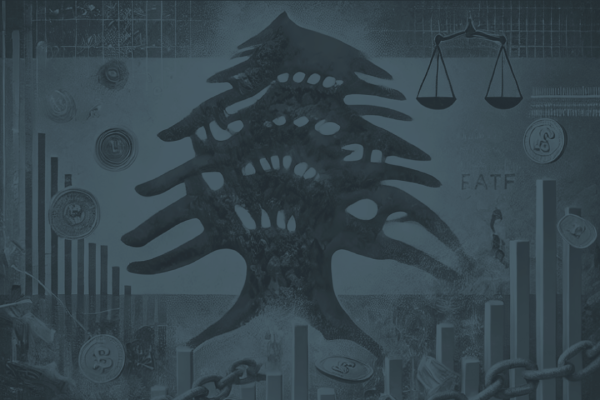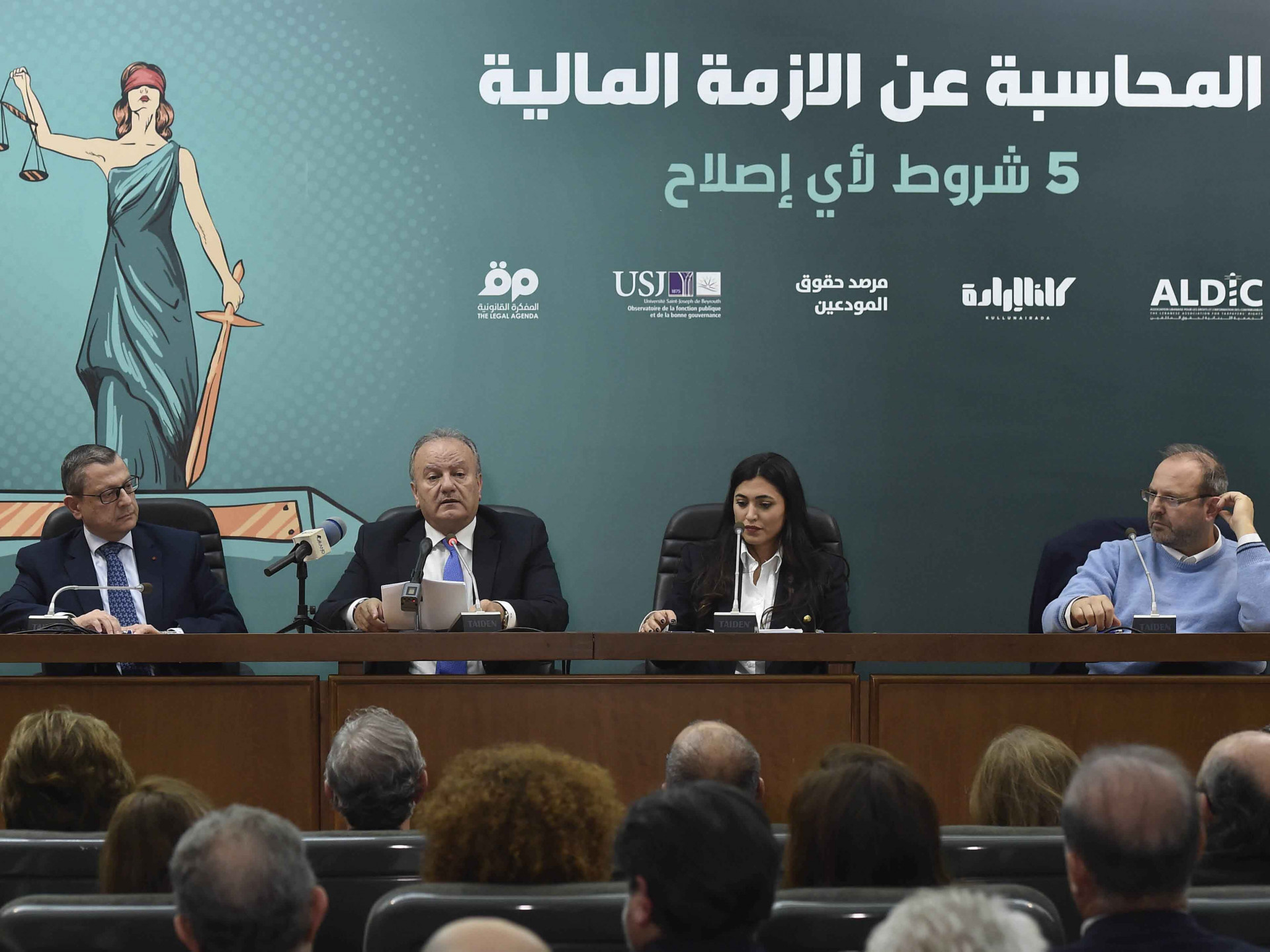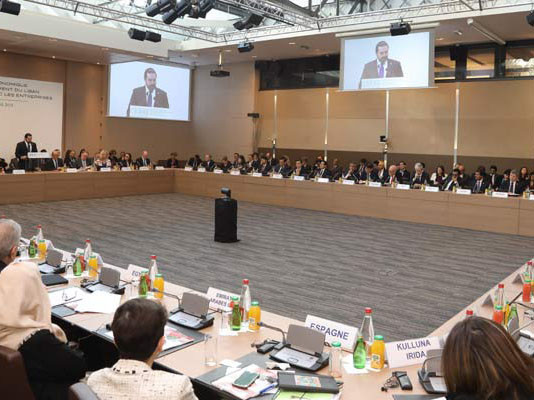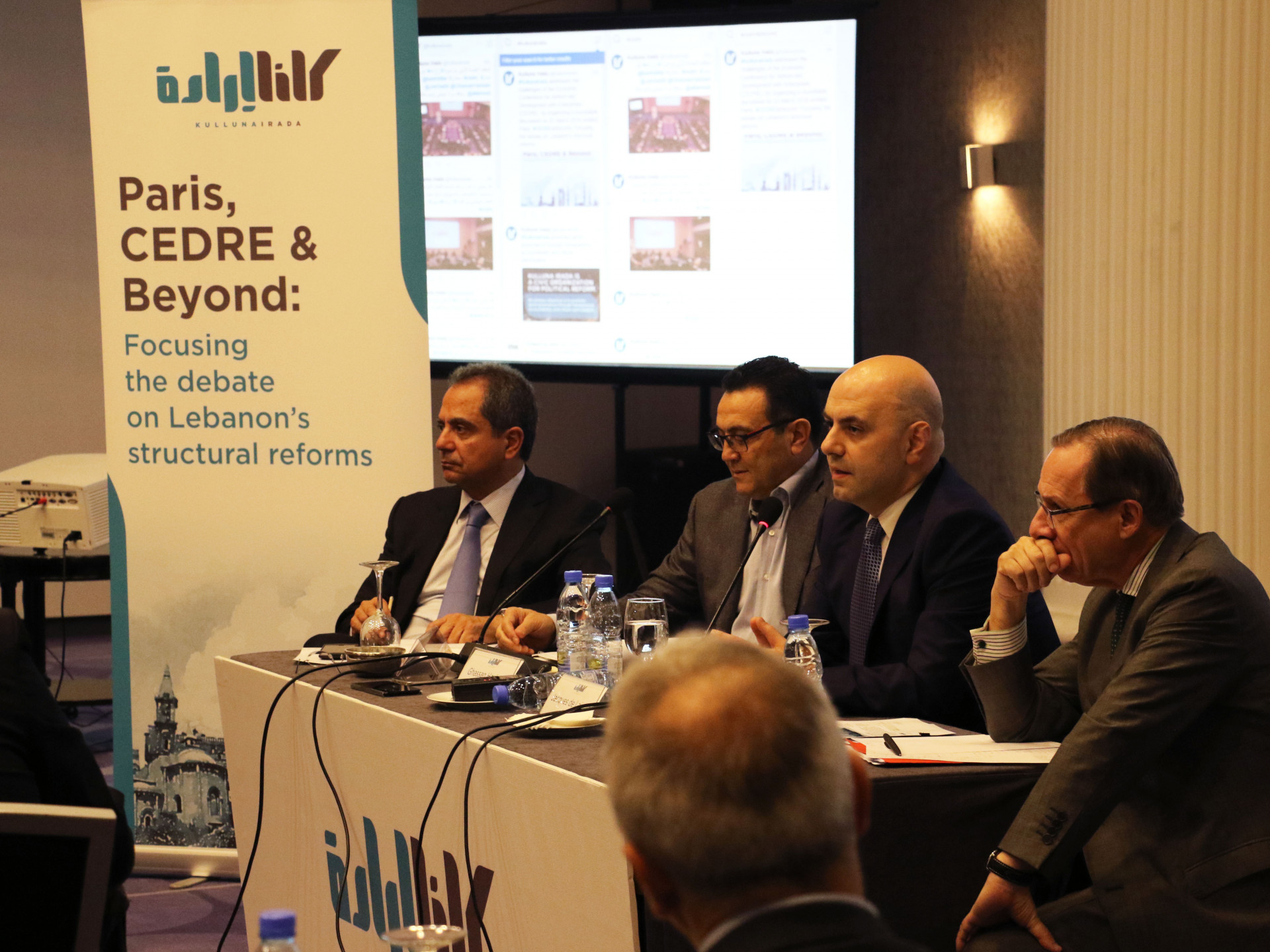Lebanon
faces a high risk of being included on the Financial
Action Task Force (FATF) list of “Jurisdictions under Increased Monitoring”,
also called grey list, during the FATF upcoming plenary
session in October 2024.
This list includes countries with inadequate
anti-money laundering and counter-terrorism financing (AML/CFT) controls, like Mozambique, Namibia, Nigeria, the Philippines, Senegal, South Africa, South Sudan,
Syria, Tanzania, Türkiye, Vietnam, and Yemen.
The classification would follow an evaluation
published in December 2023, which highlighted several deficiencies in Lebanon's
framework for combating money laundering and terrorist financing[1]. An
undisclosed peer review process was also conducted by experts from France and
the United States in July 2024.
Banque du Liban (BDL) claims to have multiplied its
efforts to avoid Lebanon's inclusion on the grey list, and to buffer potential
consequences, with its management intensifying contacts in this regard. However,
crucial reforms have not been enacted.
The purpose of this note is to
highlight the risks associated with Lebanon’s potential inclusion on the
Financial Action Task Force (FATF) grey and to anticipate
the consequences of such a decision. This should serve as a catalyst for
genuine reform; if ignored, Lebanon risks
further isolation from the international financial system, potentially leading
to its inclusion among black-listed jurisdictions like North Korea, Myanmar, or
Iran.
[1] https://www.menafatf.org/information-center/menafatf-publications/republic-lebanon-mutual-evaluation-report
WHAT IS THE FINANICAL ACTION TASK
FORCE?
The Financial Action Task Force (FATF) is an
intergovernmental organization established in 1989 to develop policies aimed at
combating money laundering, terrorist financing, and other threats to the
integrity of the international financial system.
The FATF sets international standards and monitors countries' efforts to implement these standards effectively through assessments and mutual evaluations of Anti-Money Laundering (AML) and Countering the Financing of Terrorism (CFT) measures. It also examines the extent to which a country's legislative and regulatory framework is complete and complies with international standards for combating money laundering and terrorist financing.
REASONS FOR LEBANON’S POTENTIAL GREY LISTING
Lebanon's potential grey listing is based on
several aspects evaluated by the FATF, from technical standards to their
effective implementation. In Lebanon’s specific context, systemic factors related
to the financial system are also a main
cause. Another key component is what the FATF 2023 report refers to as the
activities of “a prominent local paramilitary organization”, referring to
Hezbollah without naming it.
The report highlights high-level government corruption, tax evasion (such as tampering with shipping documents, submission of falsified invoices, and tax fraud schemes related to illegal VAT refunds) as major predicate offenses generating criminal proceeds for money laundering. It further highlights illicit trafficking in narcotic drugs and psychotropic substances, cybercrime, and emerging threats such as smuggling to other countries and counterfeiting of goods.
1.
INADEQUATE
REGULATORY FRAMEWORK
Lebanon's laws, regulations, and procedures require several amendments, with technical aspects and governance structures needing improvement
· Law No. 44/2015 on Anti-Money Laundering lacks key elements. The report highlights that the law doesn't cover all crimes linked to money laundering, and that, among other shortcomings, penalties for money laundering are too weak, treating them as minor offenses.
· Regulatory oversight focuses more on verifying companies than on individual transactions, weakening monitoring efforts against financial crimes. Since 2018, the commercial registry stopped requiring founders' criminal records, potentially enabling criminals to establish legal entities. This issue is worsened by the registry's outdated infrastructure and lack of safeguards to prevent money laundering and terrorist financing.
· Detecting and addressing criminal risk is subpar. While penalties target banks, disciplinary measures are lacking for most Designated Non-Financial Businesses and Professions (DNFBPs), except notaries. While effective legal oversight is essential to close this gap, professional secrecy limits the Bar Association's ability to ensure compliance. The report also highlights that while banks, large money changers, jewelers, and lawyers are good at detecting criminal risk, smaller money changers, insurance firms, and real estate professionals, and notaries are less able/willing to do so.
2. INEFFECTIVE IMPLEMENTATION OF EXISTING LEGAL FRAMEWORK
Effective law enforcement is a major concern. The judicial system is compromised and dedicated resources are insufficient.
· Deficiencies
in enforcing anti-money laundering and counter-terrorism financing laws.
Inefficiencies in the judicial system, such as delays and inconsistencies,
further weaken the framework by hindering the prosecution of financial crimes
and contributing to a lack of judicial decisions and comprehensive data on
money laundering cases.
· Lack of
dedicated resources for investigating financial crimes, such as tax services
and asset-freezing powers. Money laundering cases are primarily identified
through police and financial investigators based on reports from the Cassation
Public Prosecution, with limited input from tax and customs authorities, and potentially
overlooking significant issues like customs smuggling, tax evasion, and drug
trafficking.
· Challenges in
seizing criminal assets. Authorities rarely convert freezes into permanent
confiscations despite having the legal framework. There is also a lack of
strategy for recovering assets hidden abroad.
· Weaknesses in identifying
beneficial owners. While some
institutions verify real owners, they often overlook entities with indirect
control and handle notaries' accounts inconsistently. Additionally, Lebanon
lacks effective sanctions for non-compliance with beneficial ownership
information requests. A unified definition and process for identifying
beneficial ownership, including guidance on notaries' accounts, is needed.
· Subpar international judicial cooperation. MLA requests do not match the country's risk profile, and delays, especially in asset recovery, hinder investigations. Cooperation on terrorist financing and other financial crimes is inconsistent.
3. SYSTEMIC FINANCIAL CAUSES
The expansion of the cash economy and proliferation of money transfer operators and looser compliance measures are among the chief drivers behind Lebanon’s potential grey listing.
· Failure to address long-overdue bank sector restructuring measures: this fuels the cash economy and creates opportunities for illicit activities by by-passing established banking procedures.
· Hostile compliance environment: despite claims of compliance, the cash-driven nature of transactions complicates anti-money laundering efforts.
· Banking secrecy: this greatly hinders financial transparency, leading to illicit activities and potential involvement of front companies and illicit funds from various countries.
· Activities of money transfer operators: Unlike banks, money transfer operators face looser controls, facilitating money laundering through multiple accounts and small deposits. Compliance requirements exist for international transactions but are less stringent for internal Lebanese flows.
4. HEZBOLLAH’S ACTIVITIES
For the FATF, “while Lebanon demonstrates a strong understanding of most terrorist financing (TF) risks, there's a critical gap related to […] risks stemming from the activities of a major local paramilitary organization”. It adds that the Lebanese authorities do not account for such risks and that “Lebanon should produce an assessment of money laundering and terrorist financing risks associated with the […] organization and ensure these risks are mitigated”.
IMPLICATIONS OF LEBANON’S GREY LISTING
· Heightened
Reputation Risk: grey-listing will
solidify Lebanon's perception as a high-risk jurisdiction, amplifying
existing concerns about its financial stability and AML/CFT practices.
· Hindered Investment Prospects: grey-listing
will discourage foreign investment in Lebanon, further impeding economic
recovery.
2. ON INDIVIDUALS & ENTERPRISES
· Increased
Compliance Requirements and Transaction Costs: this leads to stricter due diligence, delays, and increased costs for
individuals and businesses engaged in international financial transactions. Such added scrutiny disrupts business operations, especially
for those with international dealings.
· Potential
Account Closures: banks may
scrutinize Lebanese account holders more closely, leading to account closures or limitations on transactions.
· Reduced Correspondent Banking: Lebanese banks may lose correspondent relationships,
complicating international transactions.
· Declining Dollar Revenues: grey-listing could further diminish dollar inflows,
worsening the liquidity crisis for Lebanese banks and reducing revenues from
dollar transactions.
· Stalled Recapitalization: grey-listing may undermine efforts to inject new
capital in the banking sector, once a restructuring decision is taken, due to
higher capital costs and increased risks.


.jpg)






